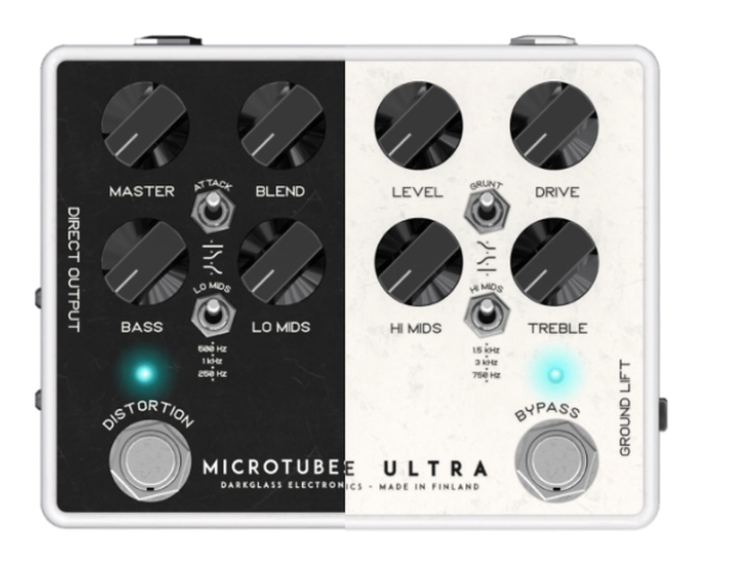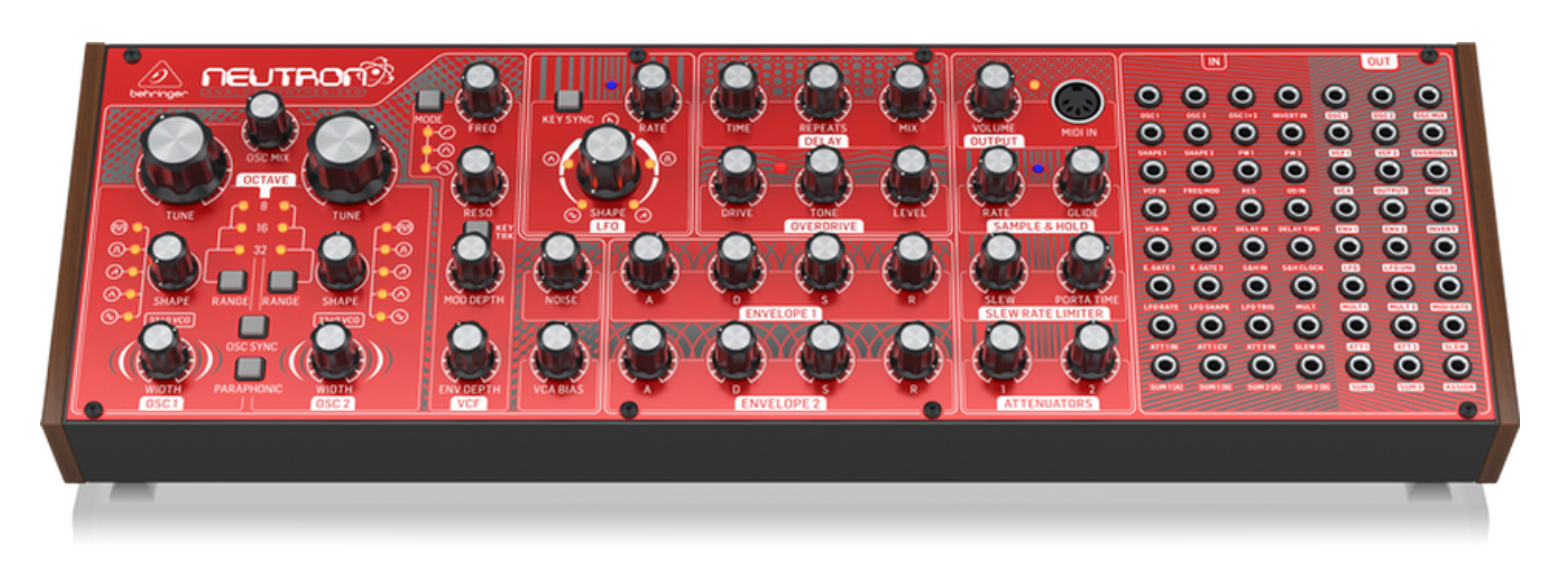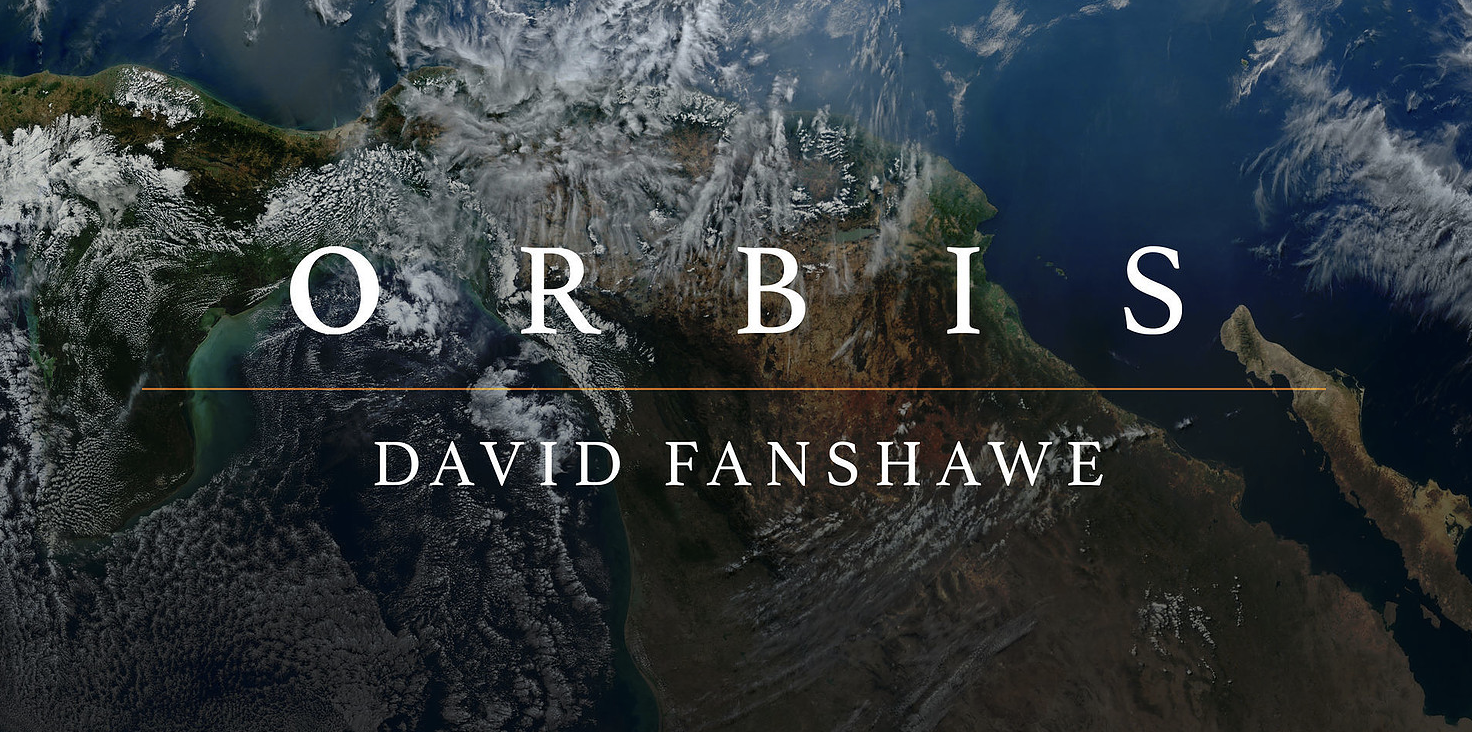Neural DSP has partnered with Darkglass Electronics to bring the world a plugin version of their legendary B7K Ultra and Vintage Ultra bass preamp pedals. Just like the original hardware this plugin can be a complete bass sound, as it includes an excellent switchable cabinet emulation. If you look around online you'll see that the Darkglass B7K Ultra and the plugin version have become go-to's for the metal world for bass processing, and I can see why. Its available now for only €99 from Neural DSP.
First, check out this video I made demonstrating how I used to plugin to achieve an absolutely huge bass tone for a metal track.
In the video I used a technique to separate the frequencies of the bass into 3 tracks to process them individually, but you can easily get a great tone with just one instance. Splitting your bass track into layers is a common technique in many genres so that you can process the sub frequencies properly while still getting a tight bass tone that gels with the guitars. Another method you may choose is to use one instance of the plugin with something like iZotope Neutron, so you can incorporate multi-band compression to process the different frequencies properly.
Darkglass Ultra Plugin Features:
-
Full bass signal processing chain with switchable cabinet emulations
-
Excellent overdrive control
-
4-Band EQ with switchable mid frequencies
-
+-12dB boost/cut range for each EQ band
-
Standalone plugins with a very simple GUI (that emulates the aesthetic of the hardware)
-
Easy to switch between B7K Ultra and Vintage Ultra
What I think about it
I'm blown away by how easy it is to achieve an incredible bass sound with Darkglass Ultra. This is now my go-to method for metal bass sounds, and will probably become my go-to plugin for all bass guitar. In the past I processed my bass through an Axe-FX II XL+ and recorded the DI to process the sub layer, or I would record a DI and use Guitar Rig to process the bass and manipulate the tone later. Darkglass ultra allows me to get the killer tone I loved from my Axe-FX but adds the flexibility of being able to change the tone at any point in the mixing stage, something that would require re-amping if I used the Axe-FX.
Honestly I think I even prefer the tone I get with the Darkglass over the tone I have through my Axe-FX (for bass), and its so much easier to create. In the Axe-FX you have dozens of options and modules to pick to create the perfect tone, which is nice for flexibility, but it results in having too many decisions to deal with. Time will tell if I use the Darkglass exclusively for bass going forward, but so far since getting it its the only thing I use for bass guitars.




